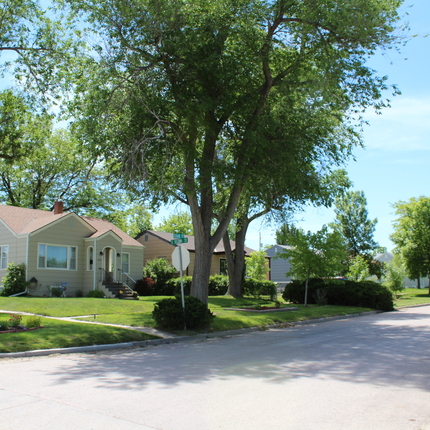By Deborah Van Fleet, Public News Service - Nebraska
Rural Nebraska could lose on two fronts if two of Gov. Jim Pillen's budget vetoes are allowed to stand.
Pillen struck down a second year of increases in Medicaid reimbursement rates and millions of dollars for Rural Workforce Housing.
Dr. Jed Hansen, executive director of the Nebraska Rural Health Association, called the veto a "gut punch." He said all of Nebraska's hospitals and nursing homes will feel the effects, but especially those in rural communities, where more than 60% of hospitals operated at a deficit last year.
"So, the narrative the governor had used -- that hospitals were 'better off financially coming out of the pandemic' -- just wasn't true," Hansen asserted. "And especially wasn't true for our rural hospitals."
The Legislature had approved $20 million for rural housing development over the next two years, which the governor also nixed.
Johnathan Hladik, policy director for the Center for Rural Affairs, said a lack of housing is the "number one workforce issue" in the state, noting it is a major reason jobs remain unfilled in Nebraska's smaller towns. He pointed out the higher cost of building in rural areas makes it unlikely developers would start such projects on their own.
"We're talking about standard houses for the workforce to relocate to a community," Hladik explained. "To become employed, contributing members of that community."
With his veto, the governor cited the investments the state has made in affordable housing over the last few years, but Hladik countered it came after years of no support for housing. He maintained the state is still "playing catch-up," with the housing problem far from solved.
Hladik added the program would fund grants to nonprofit development corporations to partially cover the costs of building moderately-priced, owner-occupied houses and rental housing units.
"When you talk about how we populate our rural areas, how we attract people to rural areas, how we fill the open jobs that are in rural areas, this is a narrowly targeted program that has the ability to do that," Hladik contended. "I think it's important that it has our support."
Hansen stressed it is also important to raise the Medicaid reimbursement rate, noting maternal care and behavioral health tend to be heavily Medicaid-dependent, so the services are at particular risk in Nebraska's rural hospitals.
"We feel that those have been areas -- mental health, maternal care, family care -- that have been important to him," Hladik acknowledged. "He's expressed that those are values that are important to him. And this veto, we just feel, doesn't line up with that."
A decision about overriding both vetoes is expected on Wednesday.
Click here to listen to the interview.





